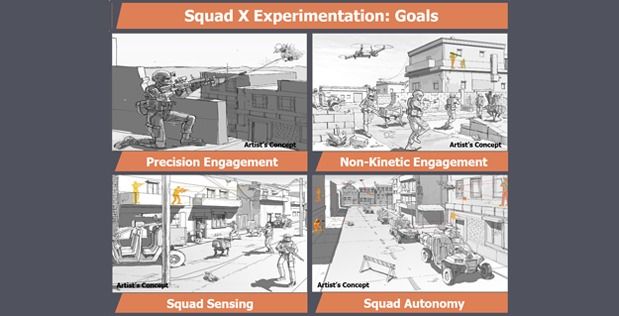Apr 29, 2016
Consortium sets out to build European laser plasma accelerator
Posted by Andreas Matt in categories: innovation, physics
The result is a compact accelerator that is not much larger than the laser used to create the plasma. That means that a laser plasma accelerator can be housed in a small building, rather than stretching over hundreds of metres or even several kilometres.
High-quality beam
While laser plasma accelerators exist at several laboratories around the world, EuPRAXIA steering-committee member Carsten Welsch says that “no infrastructure exists where the quality of the accelerated beam satisfies the requirements of industry”. Welsch, who is at the UK’s Cockcroft Institute of Accelerator Science and Technology, adds that “creating such a facility would be a major breakthrough and would attract users from many different sectors”.
Continue reading “Consortium sets out to build European laser plasma accelerator” »

















